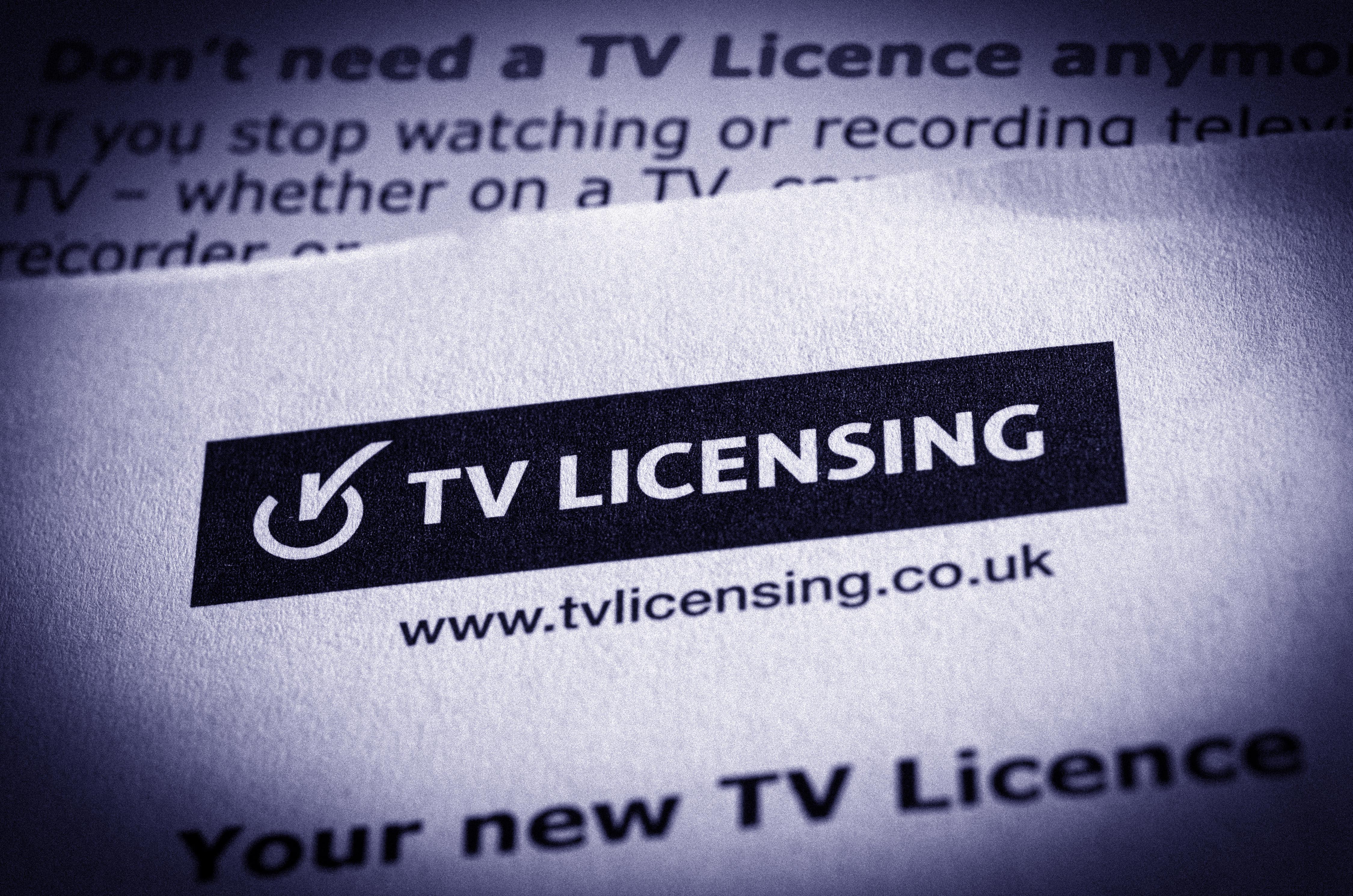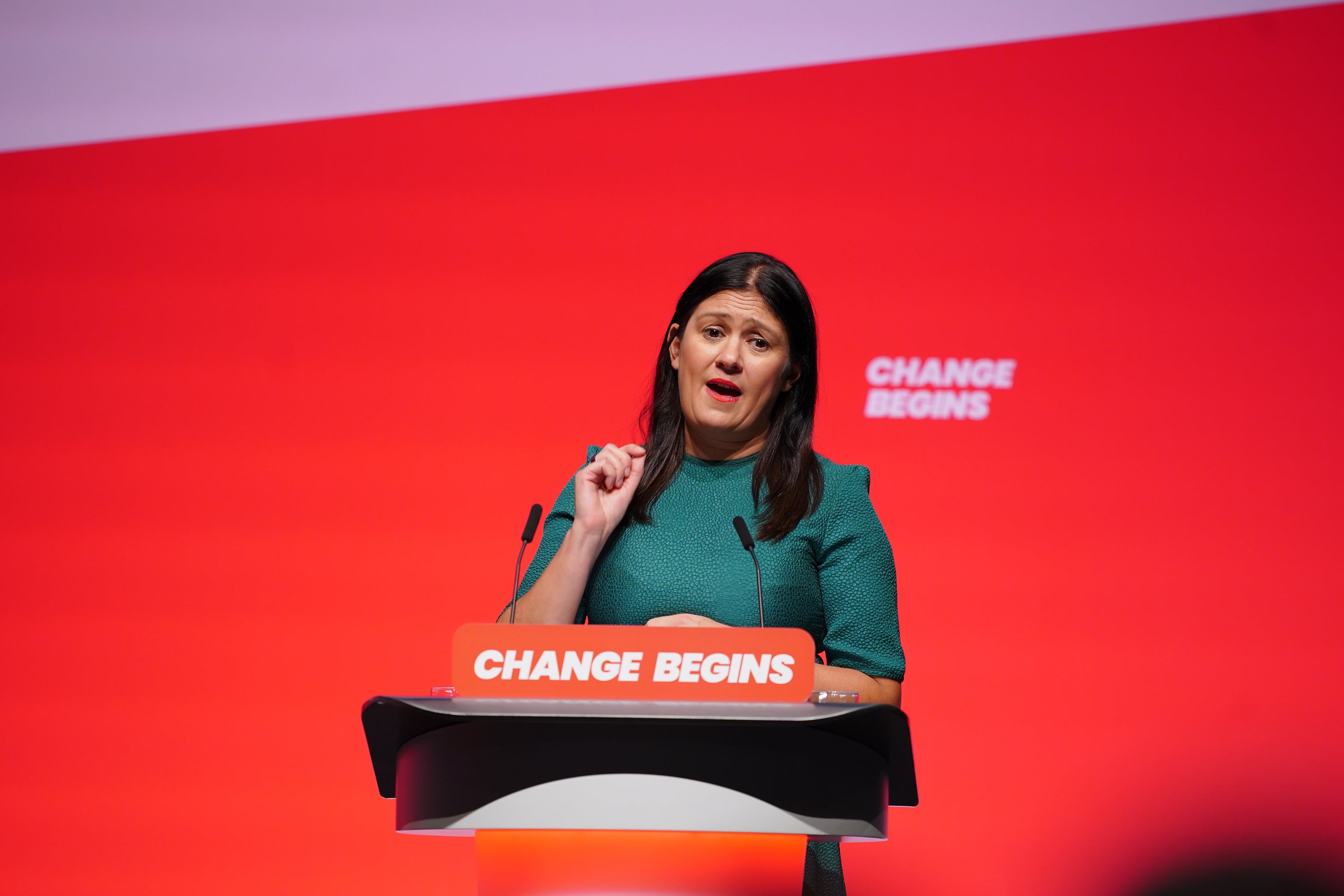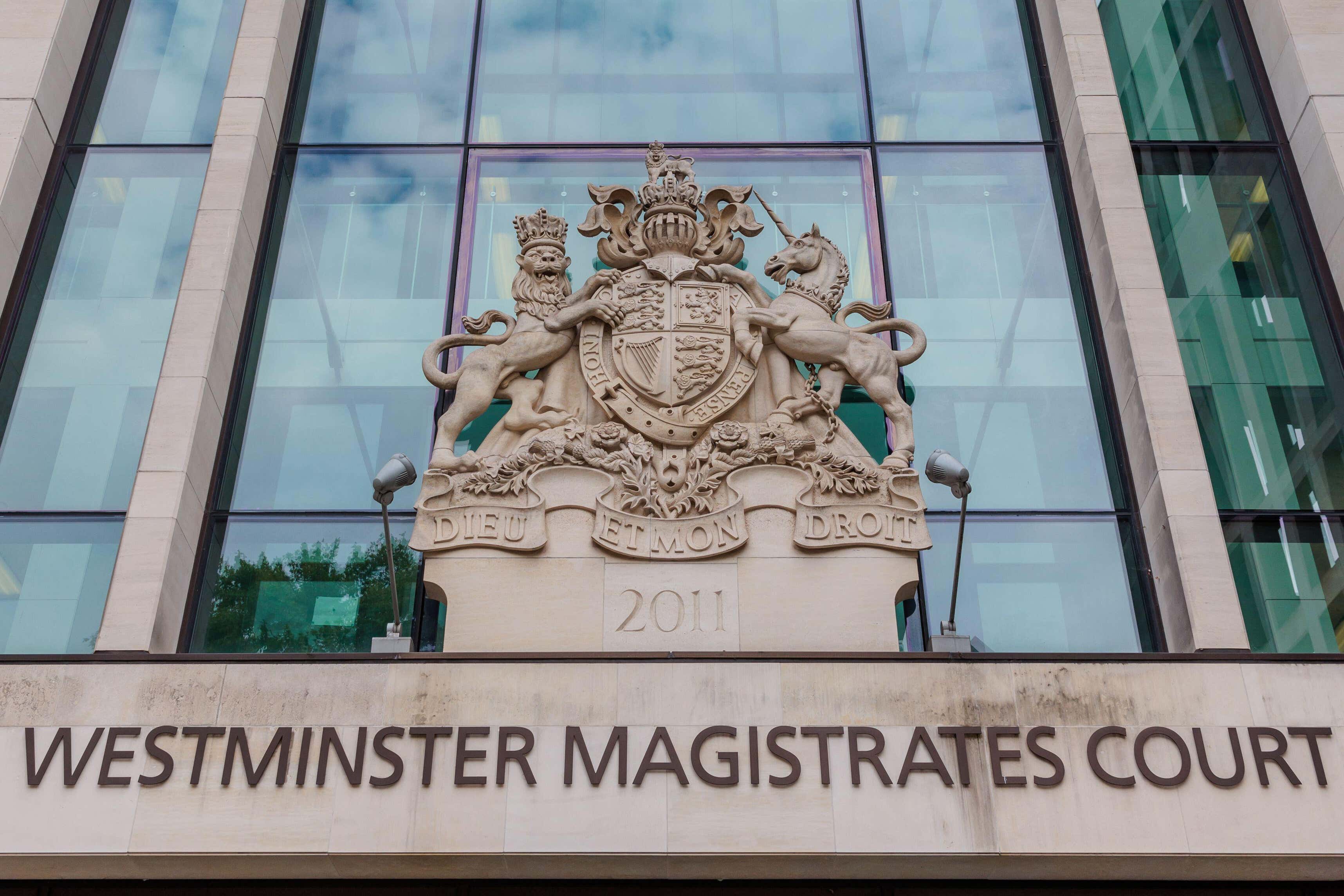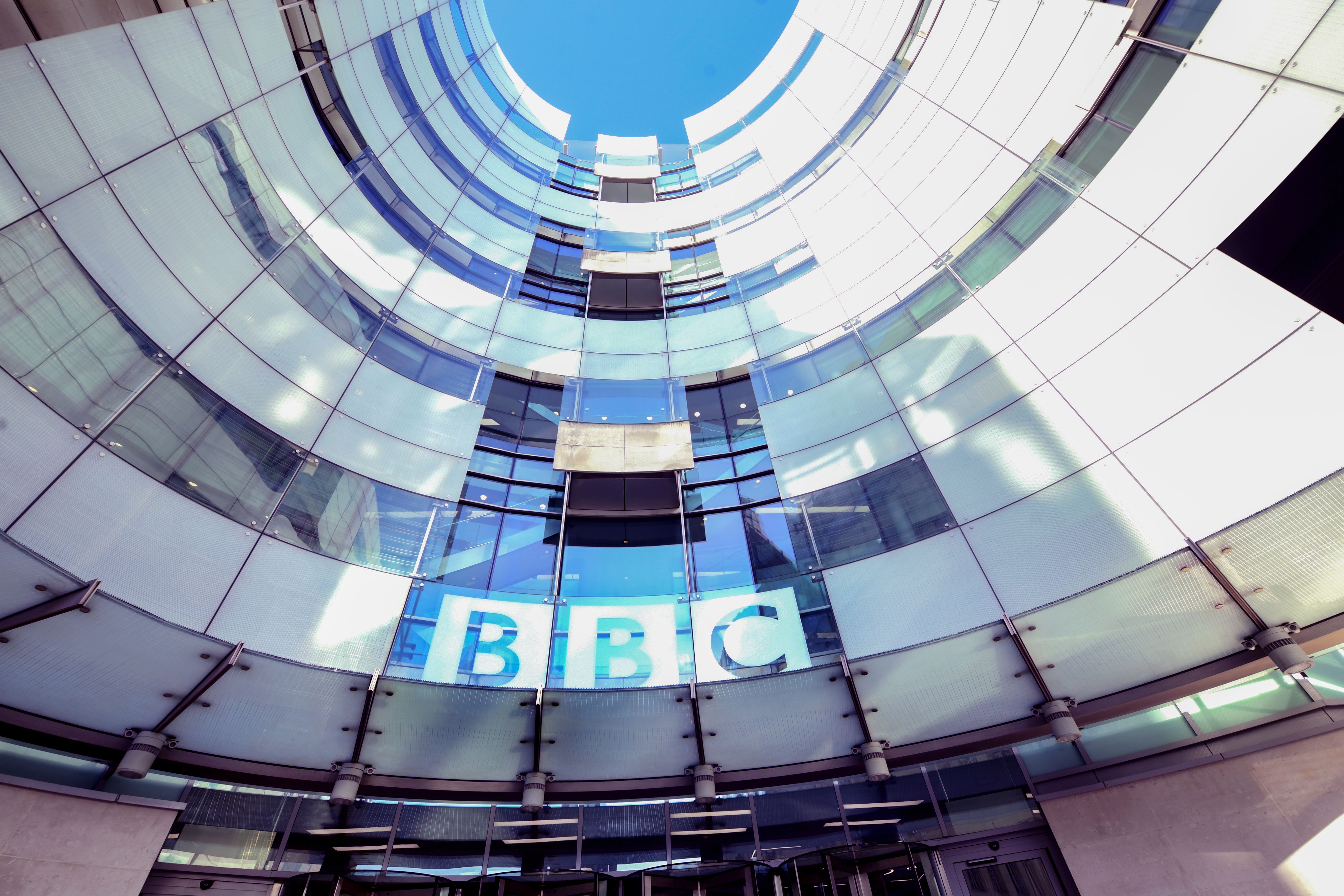TV licence fee: Why evasion could be decriminalised and what it means for you
Lisa Nandy expected to say fee evasion should not be a criminal offence

The government is set to support the de-criminalisation of TV licence fee evasion, over concerns it disproportionately affects women.
Around 34,000 were prosecuted for wrongly not paying their TV licence last year, with many saying criminal punishment for not paying the £169.50 annual fee is too harsh.
A key issue, which is expected to be highlighted by culture secretary Lisa Sandy, is that of those prosecuted, around 73 per cent of them are women.
Nandy told the Labour Party conference in September that she was due to begin negotiations with the BBC over the matter, and is now expected to say fee evasion should not be a criminal matter, The Times reported.
The BBC says that some form of penalty is vital as it would not be fair to those who do pay the fee, and a move to a civil enforcement system could cost the broadcasters £1bn.
As questions over the future of the TV licence fee continue, here is what could change and how it could impact you:

What are the rules currently?
Currently, you need a TV licence if you watch or record live TV on any channel and service or use BBC iPlayer.
You do not need a TV licence to watch streaming services such as Netflix, on-demand TV through services such as All 4, DVDs or videos on websites such as YouTube.
The licence costs £169.50 and is paid annually.
If you watch or record live TV without a licence can result in a court appearance and a fine of up to £1,000. In some cases, where there is a refusal to pay the fine and where all other enforcement methods have been tried, a person can be sent to prison.

Why might they be changed?
Nandy, backed by justice secretary Shabana Mahmood, is expected to support the change in light of concerns of it disproportionately affecting women, The Times reports.
Ministry of Justice data showed some 74 per cent of those convicted for non-payment in 2019 were female and the offence accounted for 30 per cent of female convictions, compared with 4 per cent of male convictions, making it the most common crime committed by women.
There have been several debates in recent years on the issue of decriminalising the fee.
In February 2020, the government published a consultation on decriminalising the offence which said it was right look at the issue given “ongoing concerns that the criminal sanction is unfair and disproportionate”. The response published in January 2021 said it remained concerned criminal sanctions were “increasingly disproportionate and unfair” but said any change to the current system would have wide-ranging impacts for licence fee payers.
In 2022, the government published a broadcasting white paper expressing similar concerns and cited the gender disparity in convictions. The paper confirmed the licence fee model for the BBC would be reviewed ahead of the next Charter period, which runs until the end of 2027.

What could change?
De-criminalisation of non-payment would instead bring in a system of civil enforcement measures. This model would make evasion punishable in a similar way to speeding tickets or parking fines.
Fines would likely increase over time and eventually result in a visit from debt-collectors, rather than prison time, if the offender refused to pay.
However, there are some concerns that this model could be worse for the poorest of offenders, due to the fixed nature of civil enforcement fines rather than a flexible approach courts can take.
How could this affect the BBC?
Shifting to a civil system could cost the BBC a large sum of money. In 2020 it was estimated that it could cost the broadcaster £1 billion as it was predicted evasion rates would rise considerably if a criminal deterrent was dropped.
However, it could cost the BBC even more now, as evasion rates have risen from six per cent in 2020 to 11 per cent now.
Join our commenting forum
Join thought-provoking conversations, follow other Independent readers and see their replies
Comments
Bookmark popover
Removed from bookmarks